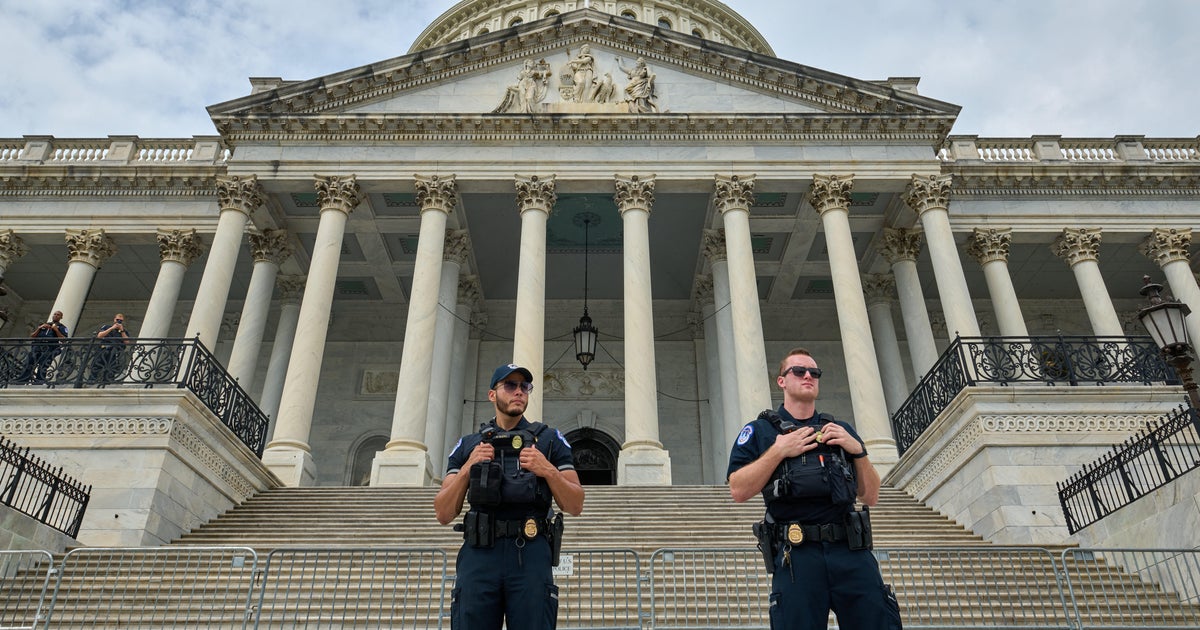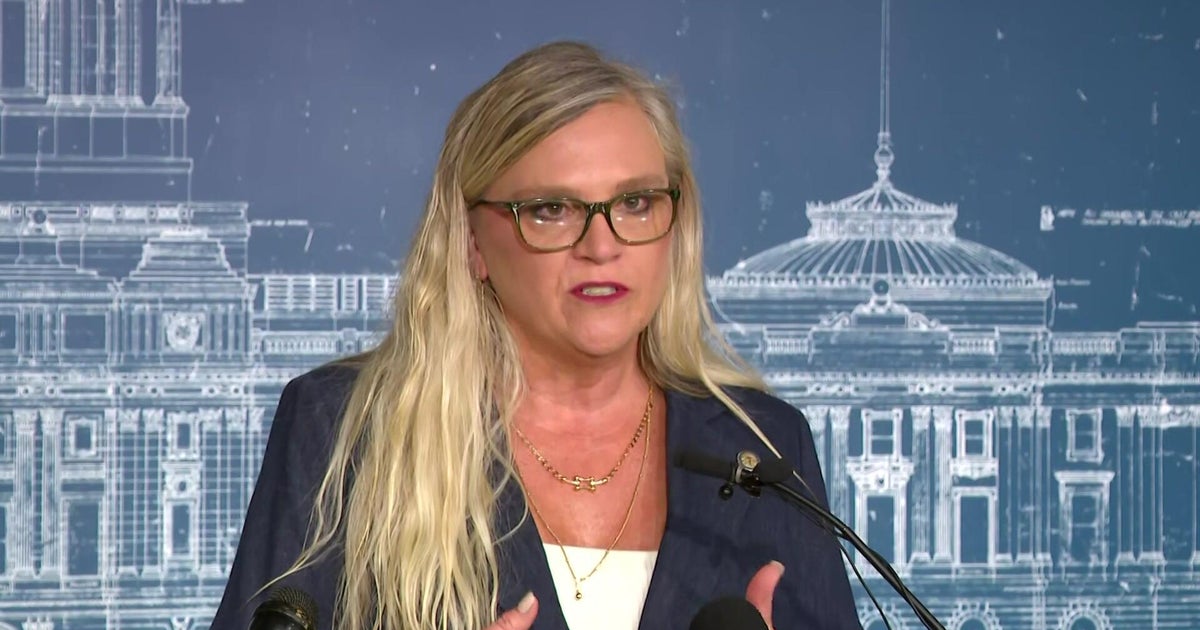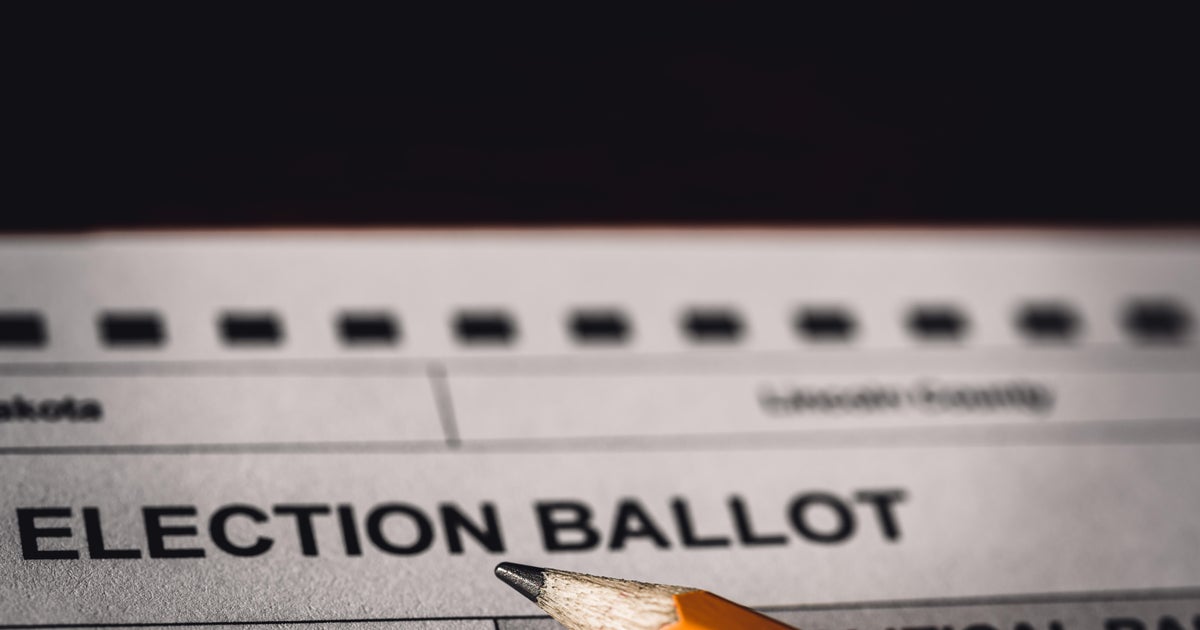COVID home tests: Americans to be reimbursed starting Saturday
Americans with private insurance will be able to ask for reimbursement for rapid COVID-19 tests beginning Saturday — but any tests purchased before January 15 will not qualify.
The requirement from the Biden administration allows eight tests a month per person covered by the insurance policy. For instance, a household of two people covered by one private health insurance plan would be able to request reimbursement for 16 tests every month.
The new requirement will cover any over-the-counter COVID-19 test given emergency use authorization by the U.S. Food and Drug Administration. That list includes the Abbott BinaxNOW at-home tests, iHealth COVID-19 Antigen Rapid Test, Siemens Healthineers' rapid COVID-19 antigen self test, and the Flowflex COVID-19 antigen home tests, among dozens of others. (See here for the full list, which continues to expand.)
Americans with health insurance will not require a health care provider's order and will also not need to rely on "any cost-sharing requirements such as deductibles, co-payments or coinsurance, prior authorization, or other medical management requirements," according to a Health and Human Services Department release.
Individuals will likely have to log onto their health insurance companies' websites to file a claim.
The new requirement is one of the steps the Biden administration is taking to make rapid tests more accessible, although critics of the plan say the administration should make the tests free at the point of purchase, and should offer retroactive reimbursement. But Centers for Medicare and Medicaid Services Administrator Chiquita Brooks-LaSure maintained that the reimbursement will still be useful. "Today's action further removes financial barriers and expands access to COVID-19 tests for millions of people."
The administration is strongly "incentivizing" insurers and health plans to enable people to get home tests through "preferred pharmacies, retailers or other entities with no out-of-pocket costs," said a White House release on the plan. The incentive for insurers is that if they do not set up such a "preferred" system of COVID test retailers, then the insurance company will have to reimburse the full price of the test.
So, for instance, if an insured individual purchases a box with two tests that costs $34, and the insurer has not set up a preferred system, the insurer would reimburse the full amount of $34.
But if there is a preferred network set up, if a person buys tests outside of the network, insurers would only be required to reimburse "at a rate of up to $12 per individual test." Many of the home tests available come with two per box and tend to cost a little over $20.
The White House has also said it's launching a website where Americans will be able to request free rapid tests to be delivered to their homes, but the website hasn't yet launched. The White House is finalizing contracts with companies, including Revival Health Inc. and Goldbelt Security, LLC, to assemble the tests.
- Why do COVID-19 PCR and antigen tests produce different results?
- Why antigen tests may still work well for Omicron, despite "reduced sensitivity" in lab studies
Bo Erickson contributed to this article.



